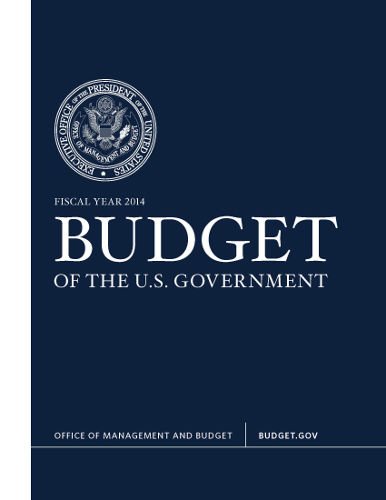Payroll
8 Payroll Game Changers in the Obama Budget
As you've probably heard, the Obama Administration recently rolled out its latest budget proposal. While much of it won't affect the payroll business, there are several items that will raise eyebrows in the payroll industry if passed as proposed. I've put together a synopsis of some of the items that would impact payroll.
May. 08, 2014

As you've probably heard, the Obama Administration recently rolled out its latest budget proposal. While much of it won't affect the payroll business, there are several items that will raise eyebrows in the payroll industry if passed as proposed. I've put together a synopsis of some of the items that would impact payroll.
- Reducing the minimum employment threshold for the electronic W-2 requirement. Currently, employers with 250 or more employees are required to file electronic W-2 forms. The proposed budget would lower that threshold to 25 employees. It would also expand the requirement to include 1099 and 1042-S forms.
- Accelerating the due date for employers to file federal copies of W-2s and reconciliations. The current federal deadlines for filing W-2s and reconciliations with the Social Security Administration are February 28 for paper filing and March 31 for electronic filing. The proposed budget would change the deadline to January 31 for both electronic and paper. 1099-Bs would be due by February 15. This would be a big change for payroll providers, so we'll be watching it closely.
- Requiring employers to file federal quarterly wage reporting. If you've been in the payroll business for more than 30 years, you may remember 941 Schedule As. They were employee listings that went along with the 941. The proposed budget may require some sort of similar filing, if not an actual Schedule A. The wording in the proposal was “The administration will work with states to ensure that the overall reporting burden on employers will not increase.” We'll be watching this closely as well.
- Requiring an “identifying number” for employees rather than a Social Security number on form W-2. The budget proposal would revise IRC code section 6051 to require a number other than a Social Security number.
- Requiring companies that hire 1099 contractors to verify those contractors' TIN numbers. If the TIN cannot be verified, employers would be required to withhold tax from payments that exceed $600 in a calendar year. The contractor can choose whether to withhold 15%, 25%, 30%, or 35%. This requirement would take effect January 1, 2015.
- Employee leasing companies would become jointly and severally liable for federal employment taxes.
- The FUTA surcharge of .2% would become permanent. The net FUTA rate would revert back to .8% (6.2%-5.4% credit). This would take effect January 1, 2015.
- The FUTA wage base would rise to $17,000 in 2017. Credit reduction states would be suspended in 2014 and 2015, reducing the net FUTA tax rate to .37% in 2017. This would compensate for the increase in wage base.
Several other items are also in the works, including indexing the FUTA wage base after 2017, worker classification reviews, an extension of the Work Opportunity Tax Credit, dependent care credit extensions to young children, expansion of e-verify, and a few others.
Some of these proposals would be game changers for the payroll business, so we'll be watching them closely. But of course the budget is only a proposal at this point, so further changes are inevitable. Fasten your seat belts!
————————
James Paille is the director of operations for Thomson Reuters myPay Solutions, and has been an executive manager in the payroll service industry for over 30 years, specializing in managing multi-location offices. He is a member of the APA's Board of Directors and National Speakers Bureau, and chairs the CPP Certification Review Panel. He holds a BS in Accounting from St. John Fisher College in Rochester, NY.
